Second Finnair flight turns back from Tartu due to GPS interference
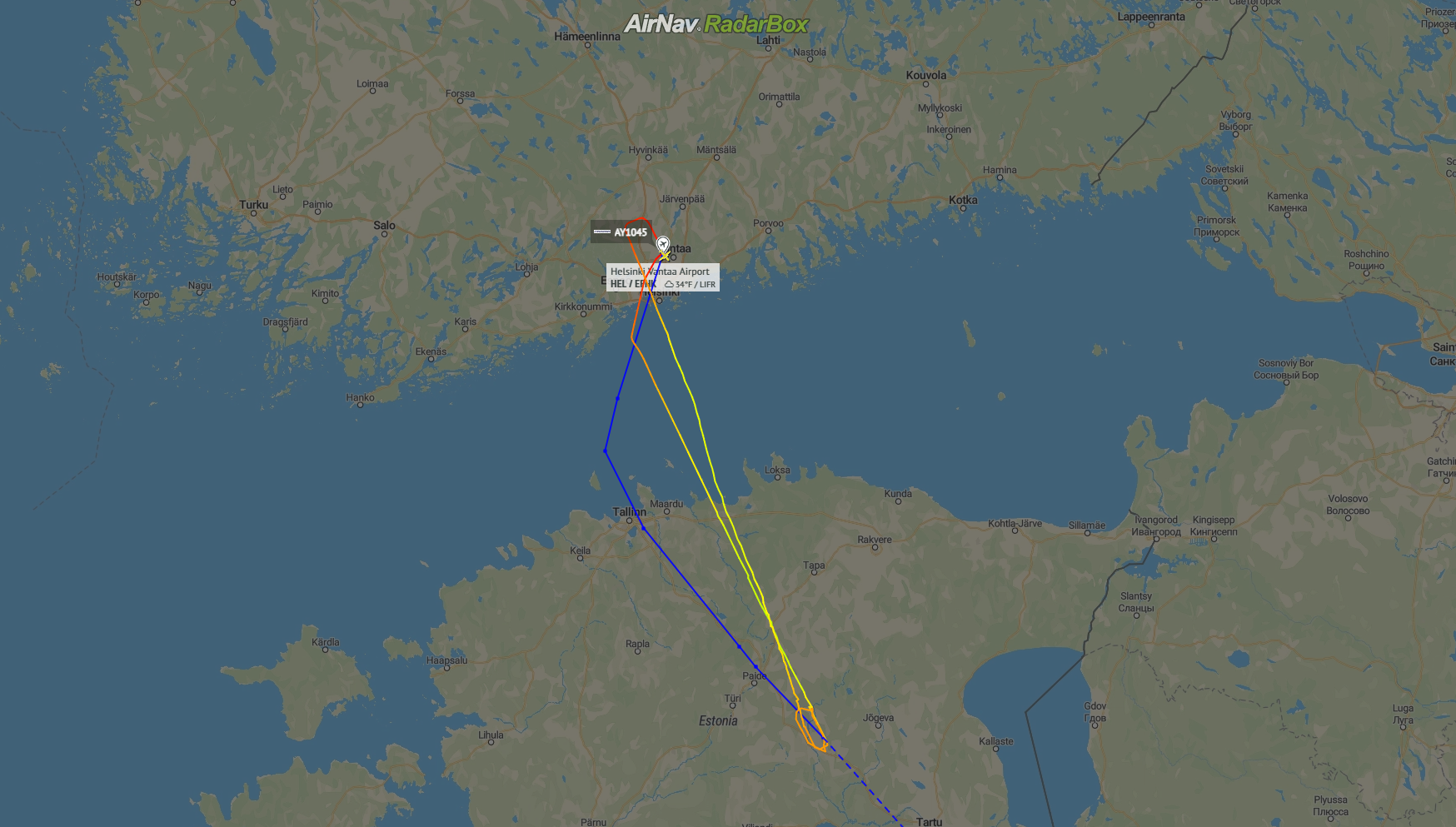
Finnair flight AY1045 from Helsinki, Finland to Tartu, Estonia
Since August 2023, reports of GPS interference disrupting air traffic procedures and jeopardizing safety have increased, prompting concerns about the source and motivations behind these disturbances. As suspicions mount, fingers increasingly point toward Russia as the likely culprit.
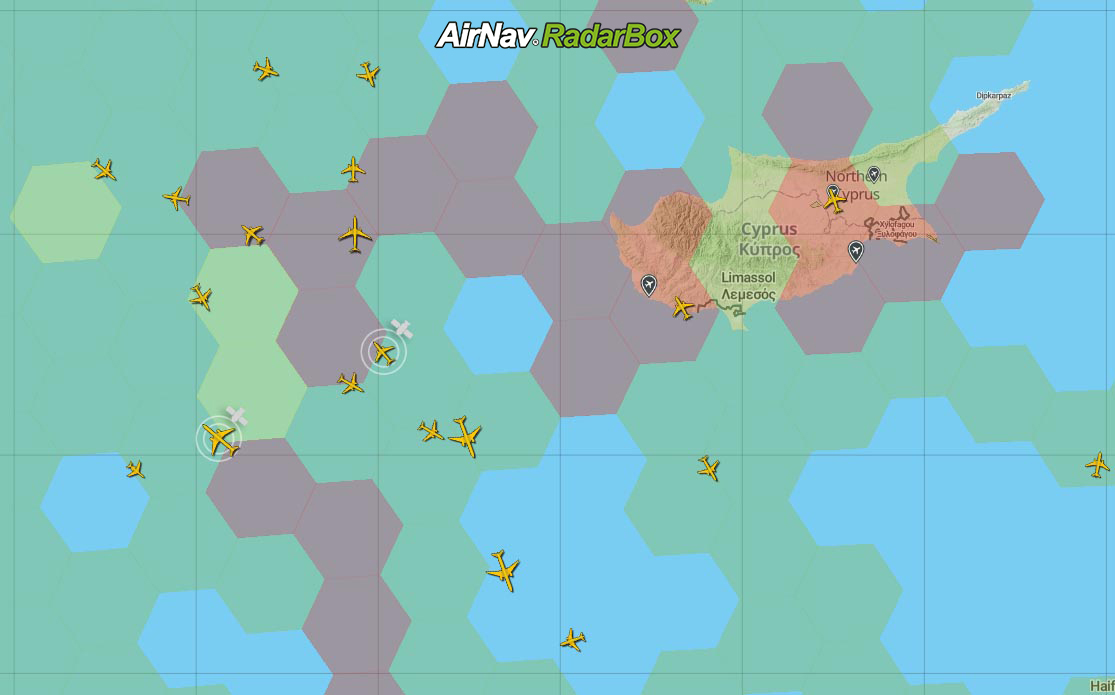
GPS Accuracy Map provided by AirNav RadarBox
The most recent incidents serve as poignant reminders of the tangible risks posed by GPS jamming. On April 26th, 2024, Finnair flight AY1045, bound for Tartu, Estonia, was compelled to abort its landing and return to Helsinki after encountering difficulties navigating due to GPS interference. The following day, another ATR-72 aircraft experienced a similar issue, with pilots struggling to locate the airport amidst disrupted GPS signals.
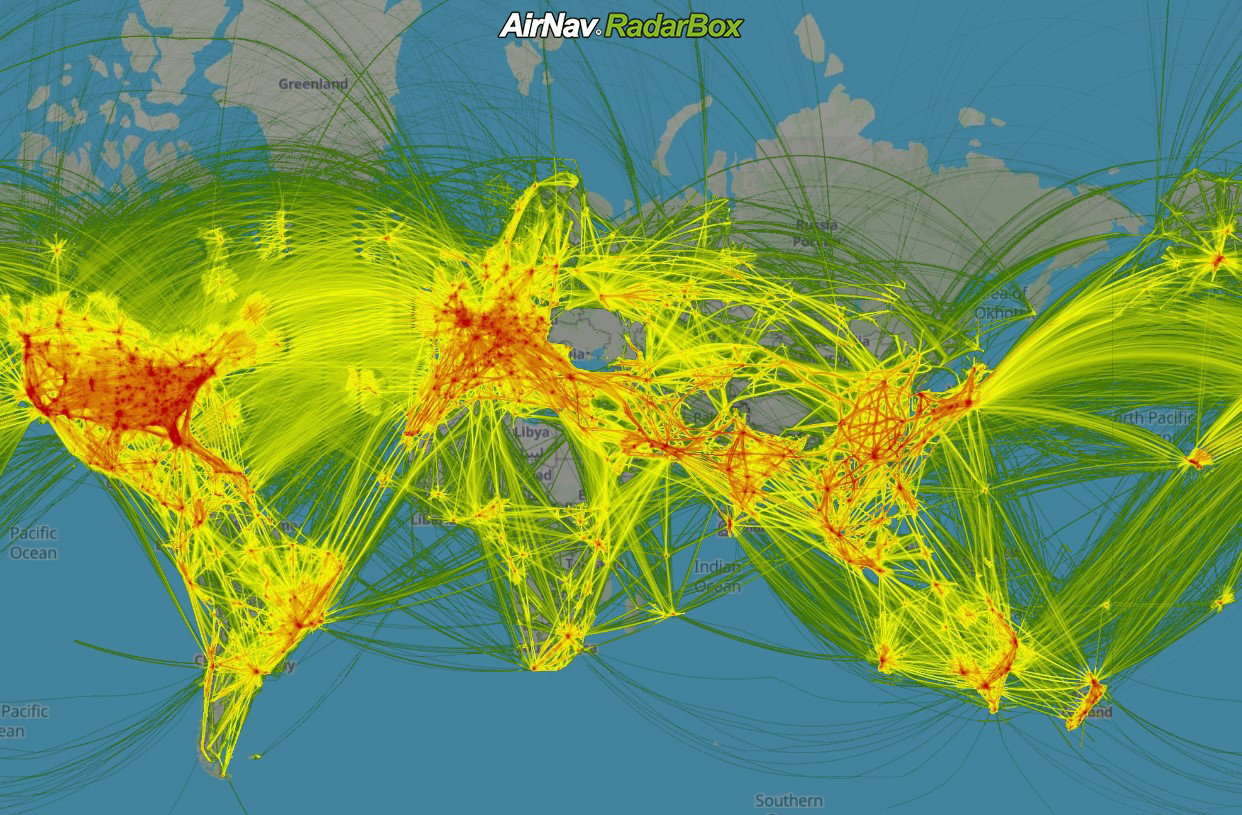
Density Maps provided by AirNav RadarBox
These incidents are not isolated but rather part of a broader pattern affecting numerous airlines. According to a report, more than 2,300 Ryanair flights, nearly 1,400 Wizz Air flights, 82 British Airways flights, and four easyJet flights have reported incidents of GPS interference since August 2023. Such widespread disruption underscores the severity of the issue and its implications for air travel safety.
The Baltic Sea region's geopolitical dynamics further compound concerns surrounding GPS interference. This area serves as a hotspot where Western military aircraft frequently encounter Russian fighter jets and bombers. In March, the UK government's confirmation of GPS signal jamming experienced by an RAF plane near the Russian exclave of Kaliningrad only amplified apprehensions about the region's security environment.
The implications of GPS interference extend beyond mere inconvenience for commercial airlines. In an industry where split-second decisions and precise navigation are paramount, any disruption to GPS signals can have catastrophic consequences. Pilots rely heavily on GPS for navigation, especially during adverse weather conditions or unfamiliar airspace. Interference with these signals can lead to confusion, delays, or even accidents, putting passengers and crew at risk.
The motives behind Russia's alleged involvement in GPS interference remain subject to speculation. Some analysts suggest it could be a strategic maneuver aimed at asserting dominance in the region or testing the readiness of Western defenses. Others view it as a form of hybrid warfare designed to sow chaos and undermine confidence in NATO's ability to protect its allies.
READ NEXT...
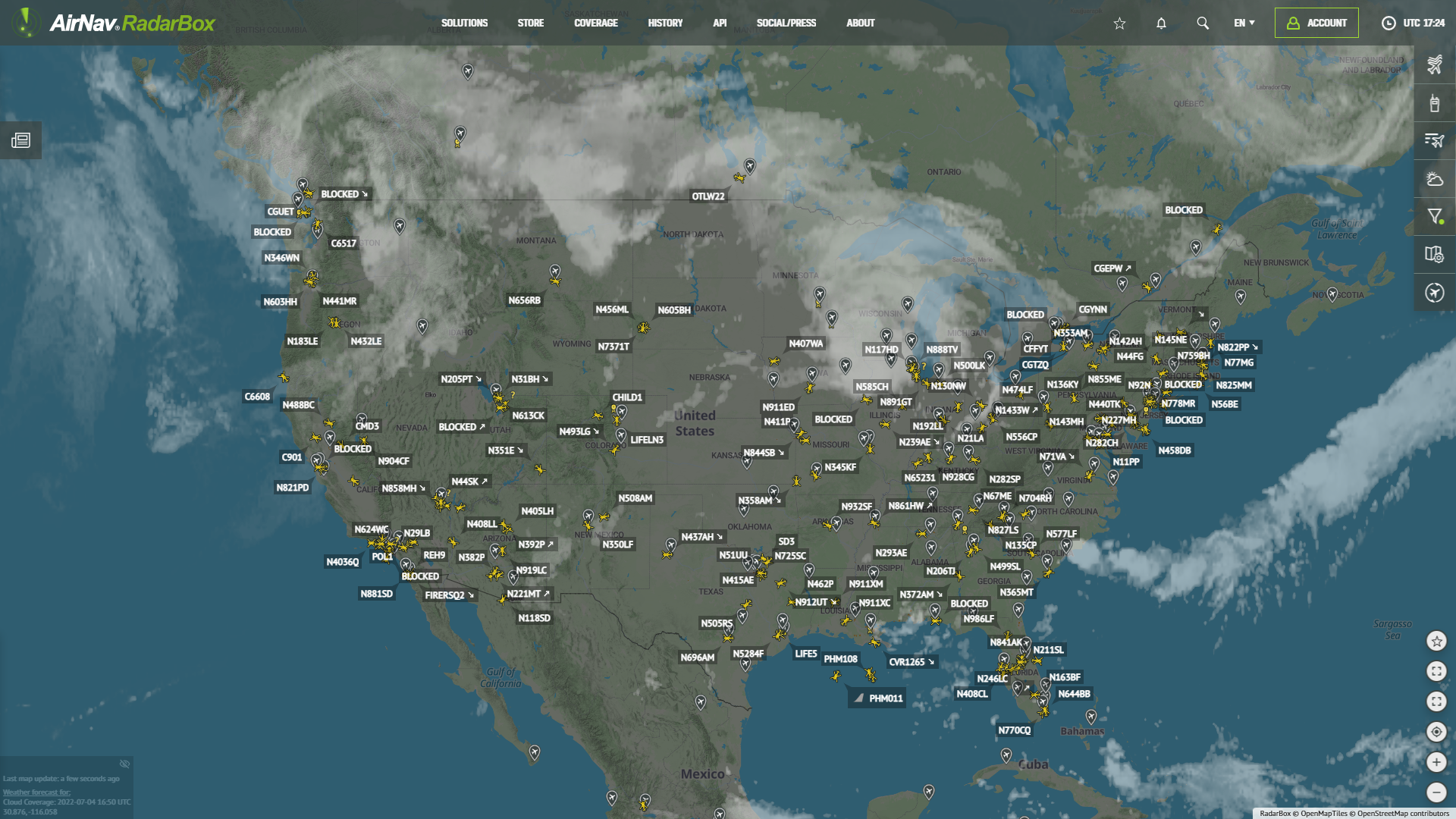 82221
82221Tracking Helicopters With RadarBox
Today we'll explore how to filter and track helicopters on RadarBox.com. Read this blog post to learn more...- 30517
AirNav Announces Coronavirus Related Data & Graphics Available
AirNav Systems is providing data COVID-19 air traffic related data for analysis, study and use. 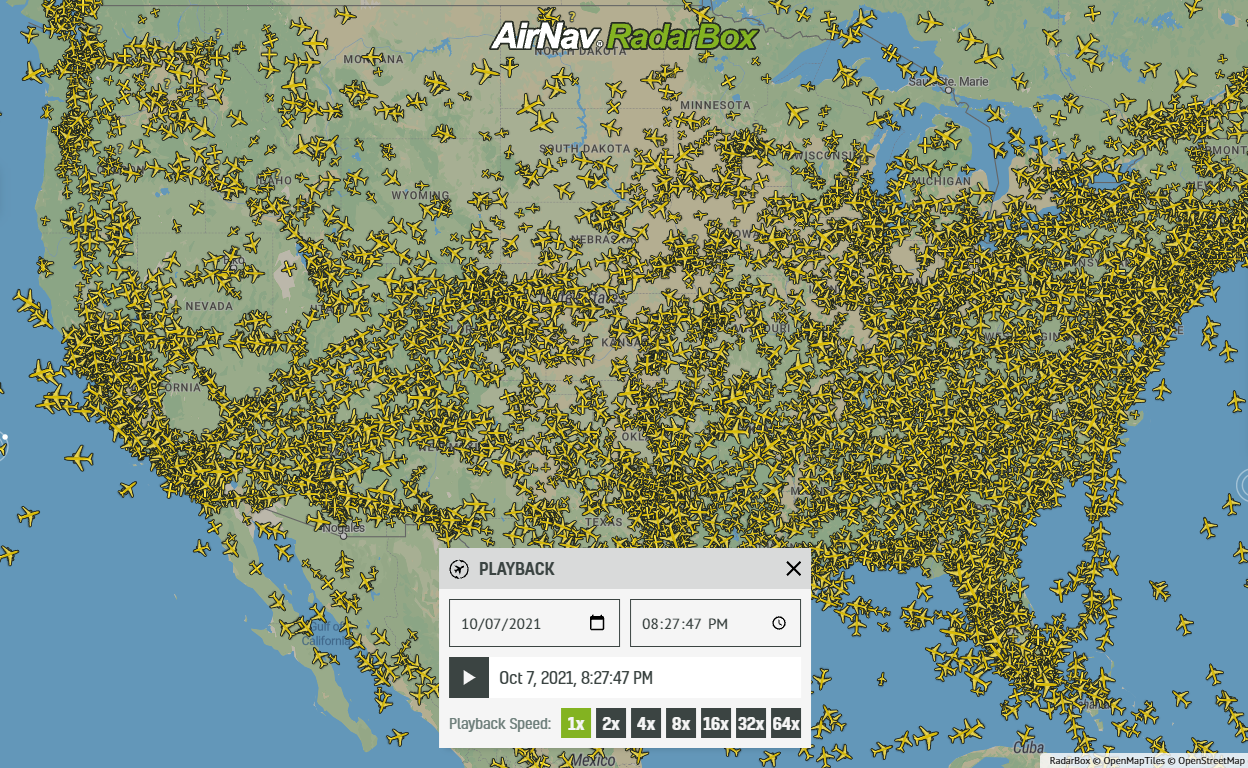 22565
22565Replay Past Flights with Playback
AirNav RadarBox officially launches the playback function on RadarBox.com, allowing users to replay the air traffic for a specific date and time in the past, within a 365-day period. Read our blog post to learn more about this feature.
